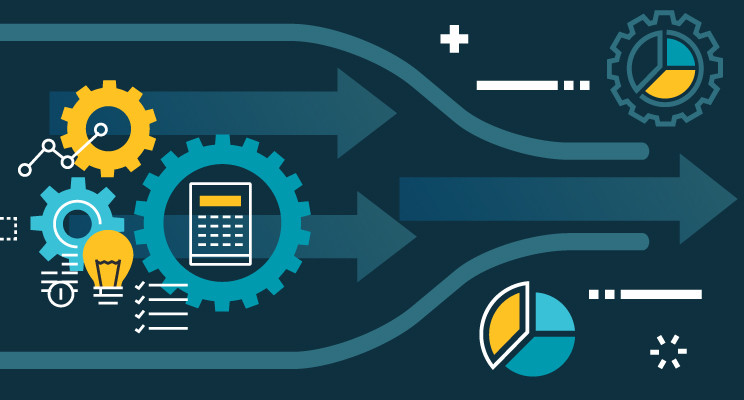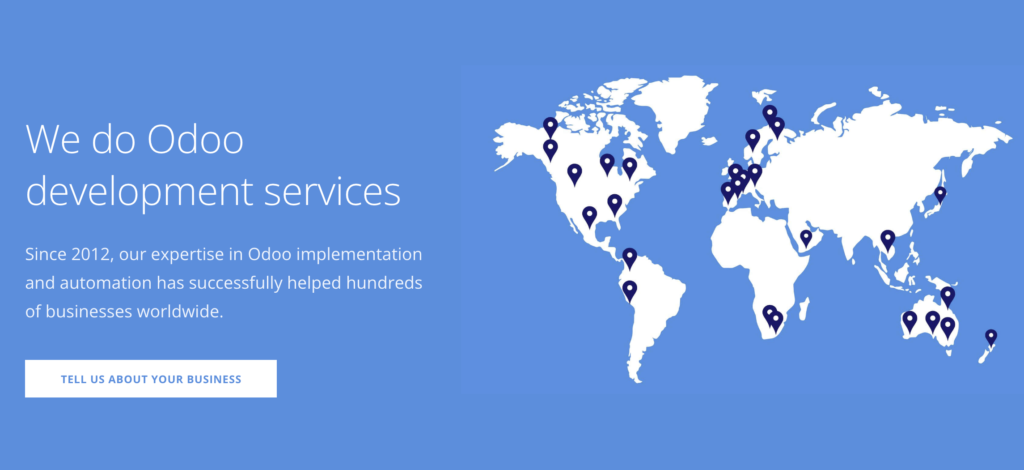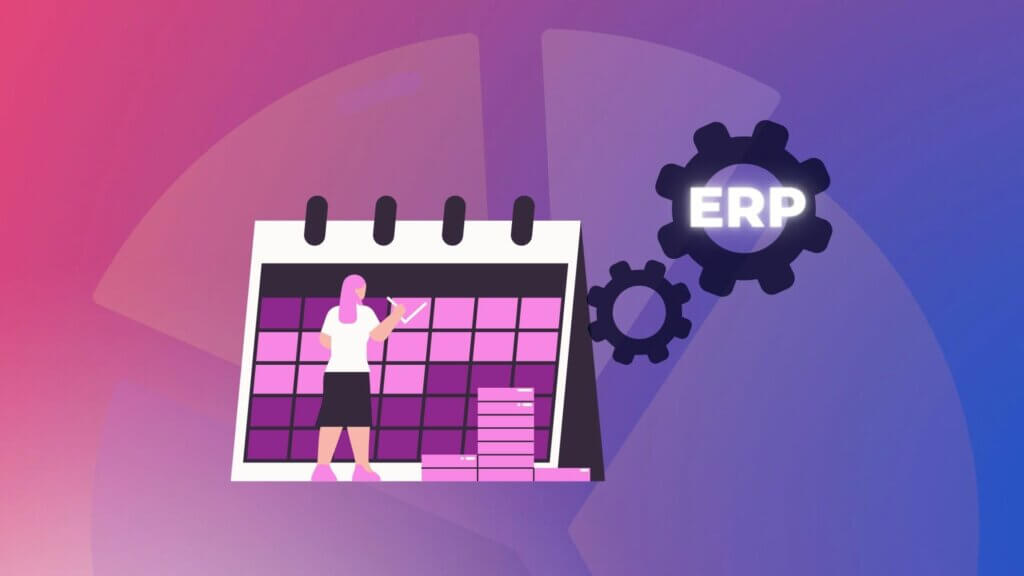Implementing an ERP system successfully is crucial to manage business information. However, it’s easy to stumble into common pitfalls.
Discover the critical blunders to sidestep for a successful ERP journey.
From planning slip-ups to neglecting data accuracy, we explore the essential lessons to ensure your successful ERP implementation is triumphant.
So, let’s get right to it!
Insufficient Planning and Preparation
Planning and preparation are the foundational steps of a successful ERP implementation. This includes clearly defining the project scope, objectives, and expected outcomes. Organizations should identify the business processes the ERP will affect, gather ERP implementation requirements, and establish a realistic timeline. Failure to plan comprehensively can lead to scope creep, missed deadlines, and unexpected challenges.

Lack of Executive Buy-In and Support
Without active support and involvement from top-level executives, an ERP implementation process can face resistance from employees who may perceive the project as less critical. Executive buy-in is crucial for allocating resources, setting priorities, and making decisions that align with the organization’s strategic goals. Strong leadership involvement can also help overcome obstacles and drive necessary organizational changes.

Inadequate Change Management
ERP implementations often require changes in processes, workflows, and job roles. Managing these changes effectively can result in employee resistance and reluctance to adopt the new system. A well-structured change management plan involves communication, training, and involving employees in decision-making. Addressing concerns, highlighting benefits, and providing support during the transition can enhance employee acceptance.
Business ERP System Over Customization
Customization of an ERP system to match an organization’s unique processes can be beneficial, but excessive customization can be problematic. It can lead to higher costs, longer implementation timelines, and difficulties in upgrading the system in the future. Organizations should carefully evaluate whether customizations are essential or if existing processes can be adapted to the system’s best practices.
Underestimating Data Migration Challenges
Migrating data from existing systems to a new ERP is not just about transferring data; it’s about ensuring data accuracy, integrity, and relevance in the new system. Challenges include mapping data fields, dealing with inconsistencies, cleansing and transforming data and reconciling data from multiple sources. Inadequate data migration can lead to incorrect reporting, disrupted operations, and reduced user confidence in the new system. Odoo ERP cost-efficient solutions are a great way to make sure you process the data migration challenges quickly and efficiently.

Poor Vendor Selection
Choosing the wrong ERP vendor can have long-lasting consequences. It is crucial to assess vendors based on their industry experience, financial stability, references from other clients, and alignment with your organization’s specific needs. A poor vendor match can result in software that doesn’t meet your requirements, lack of support, and difficulties implementing updates and improvements.
Consider using Odoos’ ERP development services to ensure smooth integration, quality service, and responsive support and get a reputable provider’s benefits.
Contact us today if you are interested to learn more about how we can help ensure that your Odoo integration will scale as your business grows.
Neglecting User Training
Users not properly trained on the new ERP system will likely struggle with its adoption. Inadequate training can lead to frustration, errors, and decreased productivity. Comprehensive training programs should cater to different user roles and cover the technical aspects of using the system and the underlying business processes and rationale.
Ignoring Business Process Reengineering
Odoo ERP implementation provides an opportunity to reevaluate and optimize existing business processes. Failing to take advantage of this opportunity means that you might end up automating inefficient processes in the new system, which can result in wasted resources and missed chances for efficiency gains. It’s essential to analyze strategies, identify bottlenecks, and redesign workflows to align with best practices before implementing the ERP.

Unrealistic Expectations
ERP implementations are often seen as transformative endeavors that instantly solve an organization’s problems and lead to immediate efficiency, productivity, and profitability improvements. While ERPs can indeed bring significant benefits, it’s essential to have realistic expectations about the timeline and outcomes.
Inadequate Testing
Thorough testing is a cornerstone of a successful ERP implementation. Inadequate testing can result in system failures, data corruption, and disruptions to business operations. ERP systems are complex and interconnected. Preliminary testing can lead to unexpected errors, system crashes, and data integrity issues.
Conclusion
Successfully implementing a business ERP system is vital for managing business information. Yet, there are common mistakes to avoid. From planning well to testing thoroughly, these steps are crucial. Ensure leaders support the change, manage it well, and train users. Don’t overcustomize. Handle data migration carefully and choose the right vendor. Lastly, have realistic expectations and test rigorously. By steering clear of these pitfalls, your ERP journey can be a triumph, boosting efficiency and success.
Ready to take your business to the next level? Contact us to learn how we can help you achieve your goals
Recommended articles:
- Total costs of ownership (TCO) for any ERP system
- 10 most common questions to the official Odoo partner
- How to build picking routes in your warehouse for walking minimization
- Print product labels from Odoo directly to a printer with 1 click via Odoo Direct Print PRO
If you have some questions, feel free to ask them in the comments section below. Also, subscribe to our YouTube channel and follow our company on LinkedIn not to miss useful content.
----------------------------------------------------------------------
Education: Bachelor's degree.
----------------------------------------------------------------------
Experience:
Marketing manager
VentorTech
Digital marketer
ElateSoftware
Marketer
Interhash Trade
Community Manager, Digital Marketer
Cryptocode
----------------------------------------------------------------------
Current position: Marketing manager VentorTech
----------------------------------------------------------------------
B2B Social Media Marketing
Google AdWords - advertising
Google
Google Tag Manager and GA
Launch and promotion of a YouTube channel
YouTube for business and personal brand
Video Production







0 Comments